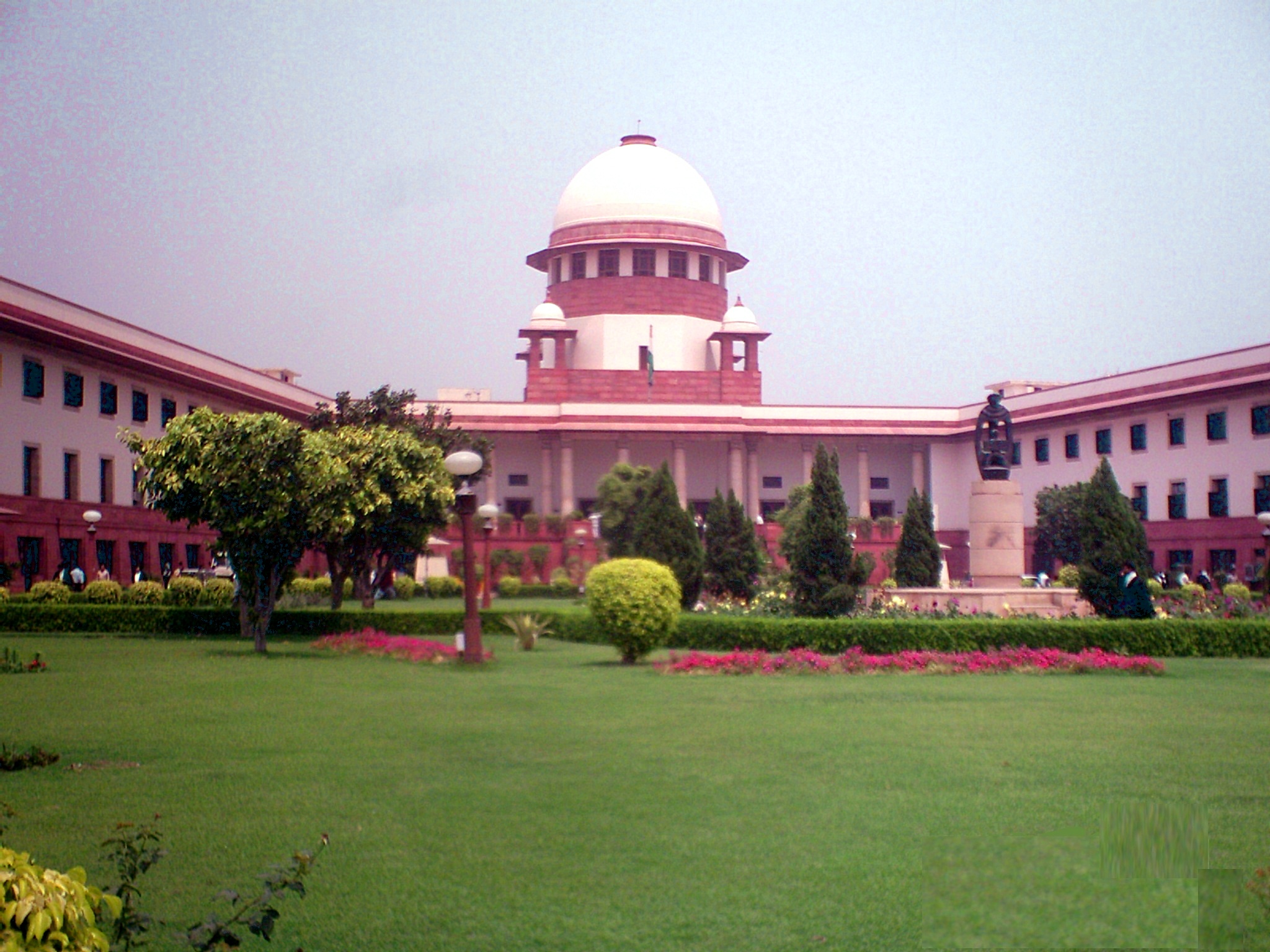In a majority judgment, the Supreme Court upheld the constitutional validity of Aadhaar card, which has been a source of confusion for the common men regarding linking it with several services.
The collective sigh that people heaved after the Aadhaar majority judgement (4:1) was delivered was not from the malcontents railing against the national identity scheme. It was from nearly everyone, given that the order extended to a whopping 1,448 pages! But the Supreme Court has while upholding its validity laid down some pretty important guidelines for the use of Aadhaar, particularly delinking its need for education and also striking down Section 57 of the Act which might have allowed the Government to use the identity scheme for mass surveillance through private entities.
Even Justice Dhananjaya Chandrachud’s dissenting opinion was arguably not so much about the validity of the scheme but the way the current Government classified the Aadhaar Act as a Money Bill and passed it only in the Lok Sabha. Of course, with the Rajya Sabha stalled for the past four years, and indeed even before that, the Money Bill route was possibly the only route the Government could have taken. And despite what the Congress says today, this was dreamt up by them when the Aadhaar scheme was first thought of.
That said, by allowing the Government to continue using Aadhaar for social sector welfare schemes and mandating its use, the only people excluded from getting Aadhaar are children who do not avail social sector benefit schemes and possibly those very few children under 18 who pay ‘taxes’ in India. But the Government’s contention that Aadhaar has helped plug leakages in India’s social sector welfare schemes as well as identify rampant fraud in ration shops among others alongside the claim that this has helped the Government save Rs 90,000 crore over the past few years must have held some weight with the Court.
Also, given India’s historically low rate of income tax incidence, the Government argued that Aadhaar has helped reduce non-compliance. One will not need an Aadhaar to open or operate a bank account but with Direct Benefits Transfer, and with PAN-Aadhaar linkage, this is just an exemption for junior account holders and farmers not availing a Government benefits scheme, the latter likely being a grand total of zero.
So effectively, apart from not needing an Aadhaar number for a mobile phone connection, nothing really changes after this judgement. Nandan Nilekani’s legacy in Indian policy-making is now assured. Aadhaar will also go down as the Bharatiya Janata Party’s biggest U-turn since it came to power in May 2014, from being its biggest detractor to its biggest advocate.
But its benefits have been recognised and in a country with a huge number of poor people, Aadhaar’s usefulness has been vindicated. The detractors of Aadhaar may crib and cry but they have a point that despite today’s judgement, the potential for misuse of the system remains and courts and civil society must keep an eye out on the Government.
Writer & Courtesy: The Pioneer








 OpinionExpress.In
OpinionExpress.In















Comments (0)